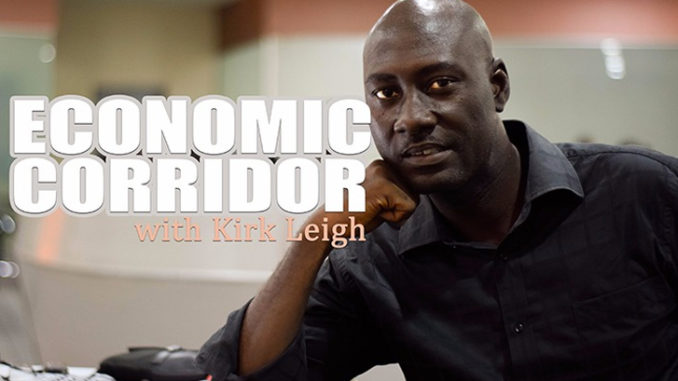
After many months of negotiation, pleas and threats, Organised Labour and the Federal Government appear to have reached a truce on minimum wage. If the figures emanating from sources close to the negotiations are real, then N30, 000 is the new minimum monthly wage a worker in Nigeria is supposed to take home. While the rise in income will increase the disposable income of the Nigerian worker, which is good for the economy, it will also throw up some niggling challenges.
Rising wages is good for the economy because more disposable income in the hands of households (a sub set of economic actors) pushes up the propensities to consume and to save. Both propensities have net effects of pushing up Gross Domestic Product (GDP). So if the quantum of people getting the pay rise is significant enough, National Income should rise. But those who are likely to be affected most are civil servants and there are less than 90,000 in the Federal civil service. That’s hardly enough numbers to impact $475 billion economy. But with the addition of state civil servants the number should vault significantly.
With increased demand, prices of goods and services should rise in a demand pull inflation to push inflation above the current rate of 11.28 percent. Unfortunately, it will be happening at a time that several other inflation causing factors are unleashed in the system. Recall that prices are rising presently because of the unfortunate herders/farmers clashes in the food basket of the country as people abandon farms to escape the bloodshed in Benue, Plateau, Adamawa and Taraba states. The resultant relative food scarcity is pushing prices up, especially in the southern parts.
Also the rise in minimum wage rise is coming at a time of politics when politicians are alleged to traditionally open the lids to their naira vaults to influence the peoples’ votes. The recent elections in Osun and Ekiti states and the flood of money that flowed to sway the election, many have pointed to as a mere dress rehearsal to what is likely to happen in the general elections in 2019. The resultant flood of cash in their billions will likely push up the prices of goods and services.
The increase in workers take home also coincides with a period that foreign portfolio investors are dumping naira for dollars leading to a flood of naira in the system, N848 billion of which was mopped up days ago by the central bank. The excess naira is an inflation trigger. Evidence of dumping Nigeria assets is all over the capital market as the NSE capitalisation sank more than 40 percent this year, dropping from 45092.83 points in January to 32,154 this November.
The fear of inflation that is triggered by the factors mentioned above and the improvement in minimum wage is causing yields on government bond to rise. At 15.54 percent, bond yields are approaching levels seen during the recession. This is particularly not palatable given that stock prices are falling at this time; it allows for a less viable alternative for investors who are getting out of stocks. Traditionally, as investors leave stocks, they enter bonds.
Apart from serving as fodder to stoke the embers of inflation, the minimum wage agreement can only lead to contributing to the mountain of debt by state governments who already owe trillions in pensions, salaries areas and foreign loans. Only a handful of states expressed willingness to pay a new minimum wage; the vast majority already expressed their inability to pay. With the exception of Lagos, Rivers, Bayelsa, Delta and Akwa Ibom states, it appears the rest are going to have a hard time paying. “What the states are saying is that they may not be able to accept flat rate figures for minimum wage since most of them are currently facing economic challenges”, a governor and member of the Nigeria Governors Forum (NGF)was recently quoted as saying.
States, like the federal government have more than 70 percent of their annual budgets dominated by recurrent expenditure of which salaries are a major part. The new minimum wage simply means that percentage will increase and leave little room for capital expenditure if any.
Suffice to say that the implementation of the minimum wage will add to other known and suspected inflation fodder in the build up to elections in 2019.
The situation will leave the central bank no choice but to raise rates in anticipation of more inflation, failing which the economy could go into a tailspin and slip into recession, again. The emerging situation calls for prompt anticipatory action different from the indecision that plunged the economy into its first recession in two decades. This is how powerful the effect of the rise in minimum wage can be for the Nigerian economy. Given the web of consequences from the new minimum wage that might upset the already weak economy, this whole thing might just turn out as “Much Ado About Nothing”.
END

Be the first to comment